Employment trends expert Rob Wilson discusses why unemployment scams are not a ‘victimless crime’
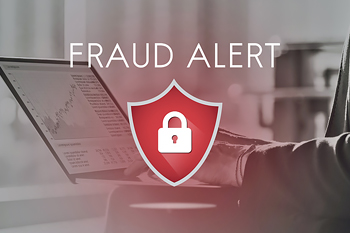 Unemployment scams are on the rise across the country, with organizations like the Better Business Bureau of Central Illinois reporting that this type of fraud has been on the increase in recent months. Over 200,000 Illinoisans have been targeted for such fraud, and Congressman Rodney Davis (R-IL) himself was a victim, with scammers filing for unemployment benefits under his name.
Unemployment scams are on the rise across the country, with organizations like the Better Business Bureau of Central Illinois reporting that this type of fraud has been on the increase in recent months. Over 200,000 Illinoisans have been targeted for such fraud, and Congressman Rodney Davis (R-IL) himself was a victim, with scammers filing for unemployment benefits under his name.
Employment trends expert Rob Wilson can speak personally to this troubling trend, as he was the target of an unemployment scam, along with other members of his staff.
“We’ve known these scams have been on the rise for months, and we have been helping our clients with how to best address the issue, but it was still a bit of a shock to find out it happened to me and employees within our office too,” says Wilson, who is the President of Employco USA, an employment solutions firm based in Chicago.
Wilson says that the perpetrators are stealing employees’ identities in order to access government funds under their name.
“It’s alarming to consider how much confidential information these scammers have,” says Wilson. “From your address to your birthday to your Social Security number, this a disturbing breach of privacy.”
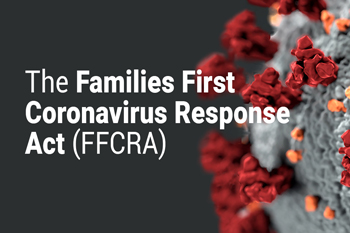 On January 1, provisions for COVID-related sick leave under the Families First Coronavirus Response Act will expire. These provisions were created to help buffer the economic pain felt by people who either tested positive for coronavirus or may have come in contact with someone who tested positive for coronavirus, or for parents who needed to provide childcare in cases where daycares or schools were shut down due to virus exposure. But, in just two weeks, these protections will end.
On January 1, provisions for COVID-related sick leave under the Families First Coronavirus Response Act will expire. These provisions were created to help buffer the economic pain felt by people who either tested positive for coronavirus or may have come in contact with someone who tested positive for coronavirus, or for parents who needed to provide childcare in cases where daycares or schools were shut down due to virus exposure. But, in just two weeks, these protections will end.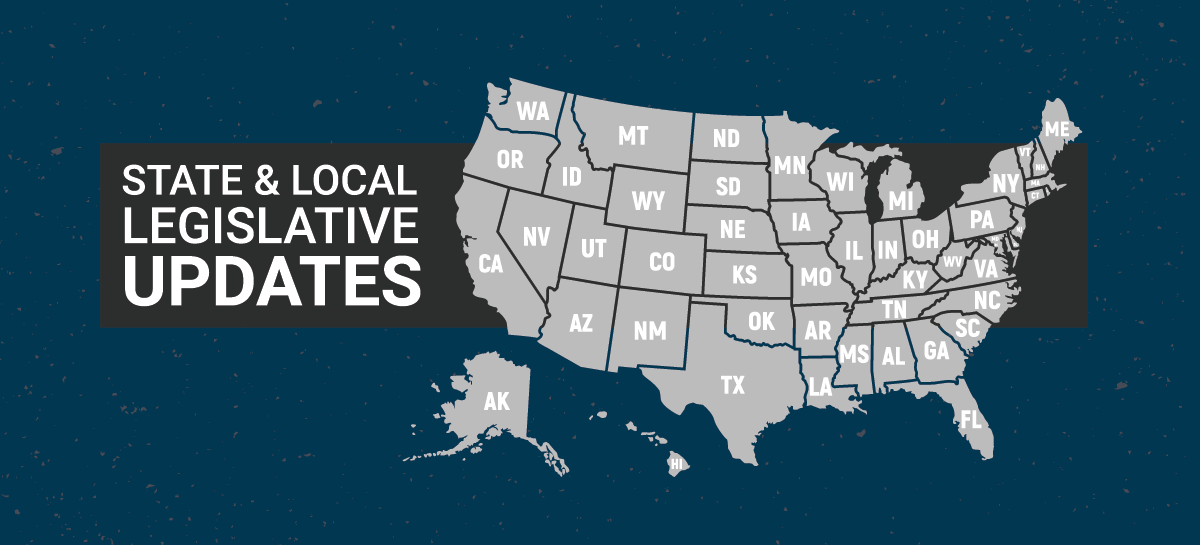
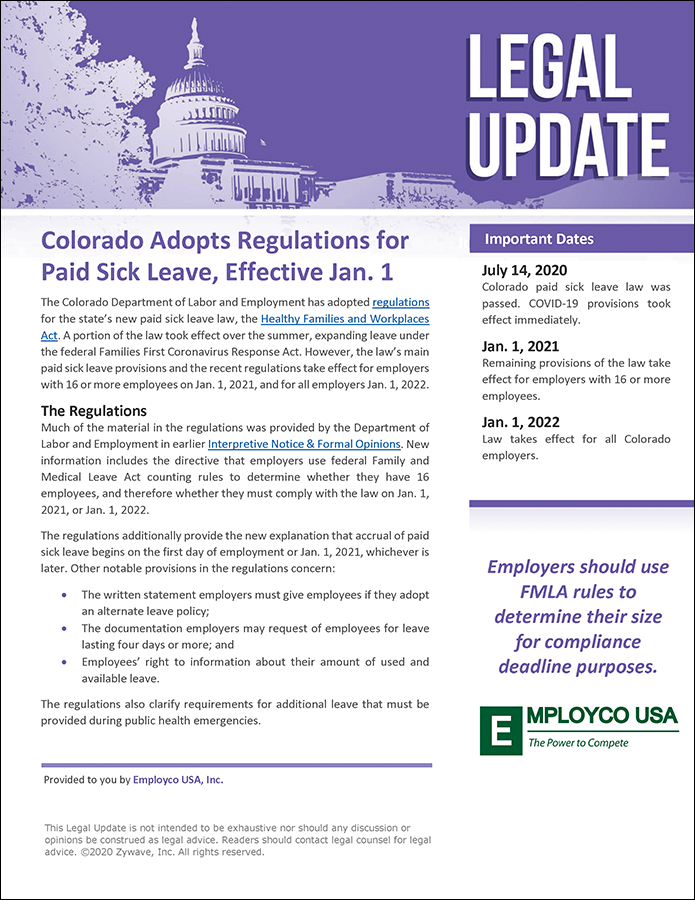
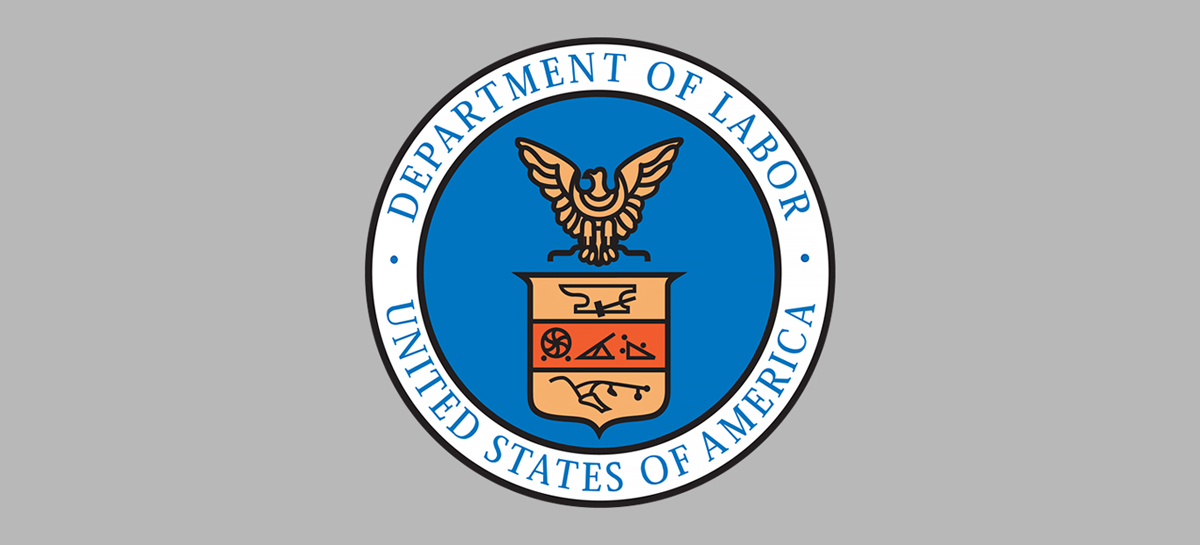



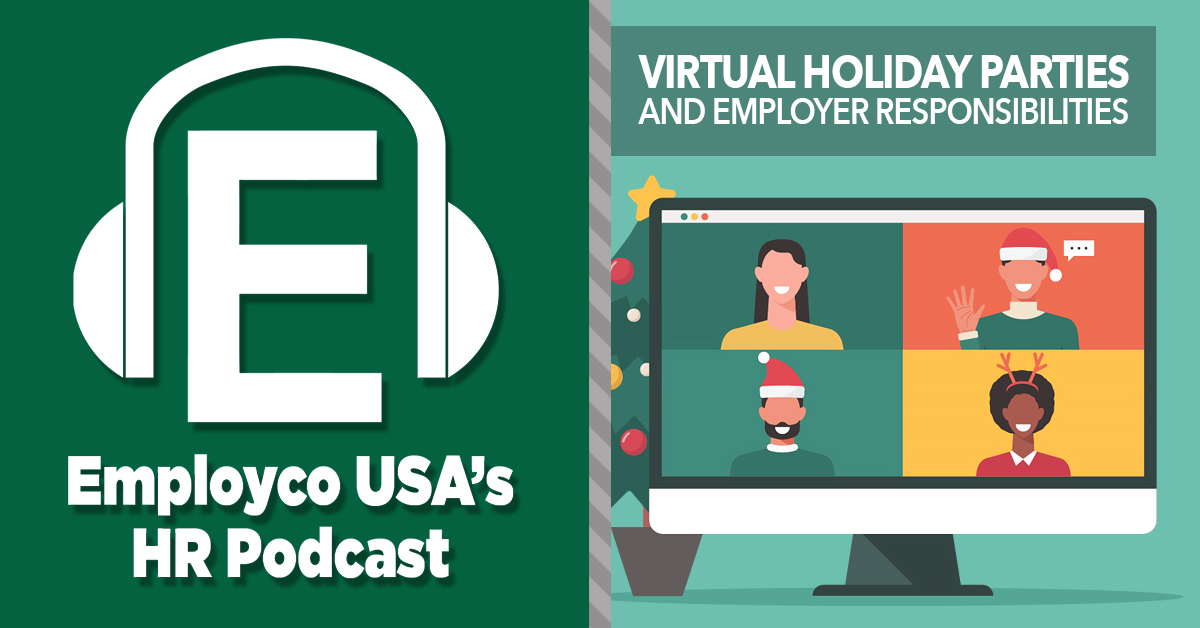
 Many employees were asked to sign waivers promising their employers that they would not travel or attend mass gatherings this Thanksgiving season. As we head into another round of holidays, it is expected that even more employers will ask employees to refrain from traveling or gathering with their families. But do employers have this right, and to what extent can companies enforce these COVID-19 policies?
Many employees were asked to sign waivers promising their employers that they would not travel or attend mass gatherings this Thanksgiving season. As we head into another round of holidays, it is expected that even more employers will ask employees to refrain from traveling or gathering with their families. But do employers have this right, and to what extent can companies enforce these COVID-19 policies?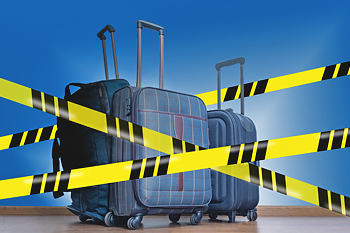 With the COVID-19 pandemic, many people were forced to cancel their vacations, weddings, cruises, and other planned leisure activities. As a result, workers across the country have collected many days’ worth (or even weeks’ worth) of paid time off, which will need to be used by year’s end or could be potentially lost forever.
With the COVID-19 pandemic, many people were forced to cancel their vacations, weddings, cruises, and other planned leisure activities. As a result, workers across the country have collected many days’ worth (or even weeks’ worth) of paid time off, which will need to be used by year’s end or could be potentially lost forever.